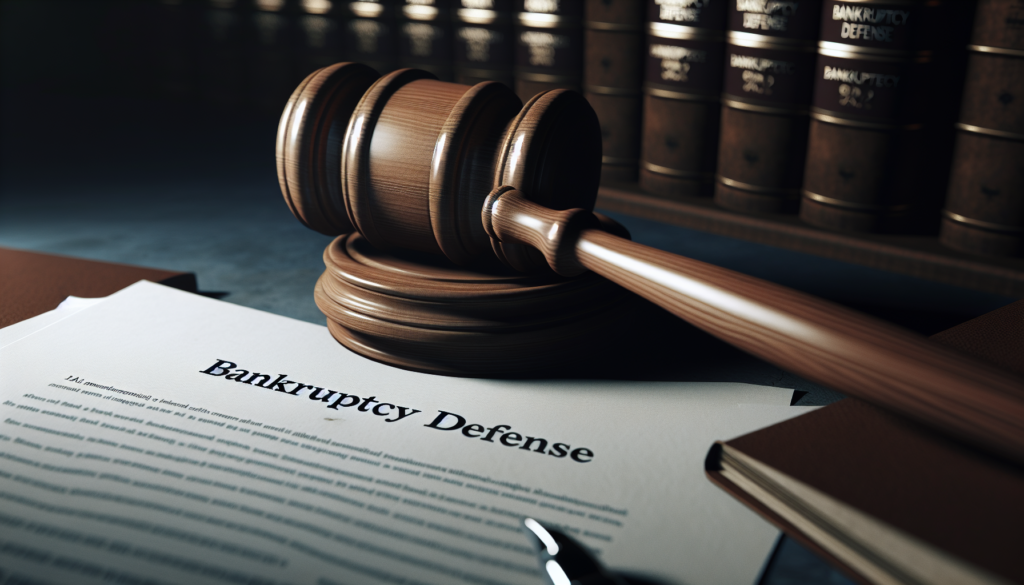
When you file for bankruptcy, how co-signed debt is handled depends on whether you file under Chapter 7 or Chapter 13, as each chapter has different implications for co-signers. Understanding these implications is crucial for both the filer and the co-signer, as bankruptcy can affect each party’s financial responsibilities and creditworthiness.
Co-signed Debt in Chapter 7 Bankruptcy
Chapter 7 bankruptcy, also known as liquidation bankruptcy, can discharge the debts of the person filing for bankruptcy, but it does not eliminate the co-signer’s obligation to repay the co-signed debt.
- Debtor’s Liability: When you file for Chapter 7 and receive a discharge, you are no longer legally obligated to repay the co-signed debt. This means creditors cannot pursue collection actions against you for the discharged debt.
- Co-signer’s Liability: The co-signer remains fully liable for the debt. Creditors can (and likely will) pursue the co-signer for any outstanding balance. This can include calls, letters, and even lawsuits if the debt remains unpaid.
- Impact on Co-signer’s Credit: The bankruptcy filing may appear on the co-signer’s credit report in relation to the co-signed debt, potentially affecting their credit score and ability to obtain new credit.
Co-signed Debt in Chapter 13 Bankruptcy
Chapter 13 bankruptcy, known as a wage earner’s plan, allows the filer to reorganize their debts and pay them off over a three- to five-year period. The treatment of co-signed debts in Chapter 13 offers some protections for co-signers not available in Chapter 7.
- Debtor’s Repayment Plan: Co-signed consumer debts can be included in the Chapter 13 repayment plan. The filer may propose to pay off the co-signed debt in full through the plan, which can lessen the financial burden on the co-signer.
- Co-signer Stay: Chapter 13 provides a co-debtor stay, which protects co-signers from collection actions while the bankruptcy case is active. However, this stay only applies to consumer debts, not business-related debts.
- Co-signer’s Liability After Discharge: If the Chapter 13 plan provides for full payment of the co-signed debt, the co-signer will not owe anything once the plan is completed. However, if the plan pays only a portion of the debt, the creditor may pursue the co-signer for the remaining balance after the bankruptcy case concludes.
Strategies and Considerations
- Reaffirmation Agreements: In both Chapter 7 and Chapter 13, debtors may choose to reaffirm co-signed debts, agreeing to remain liable for the debt to protect the co-signer. This is a voluntary agreement and should be considered carefully, as it will exclude the reaffirmed debt from the bankruptcy discharge.
- Communication with Co-signers: If you’re considering bankruptcy and have co-signed debts, it’s essential to communicate with your co-signers about your intentions and the potential impact on them. This can help prepare them for possible outcomes and explore options like refinancing the debt solely in their name.
Bankruptcy’s impact on co-signed debts varies significantly between Chapter 7 and Chapter 13 filings. While Chapter 7 offers no direct protection to co-signers, Chapter 13 includes provisions that can shield co-signers from immediate collection actions and potentially reduce their financial liability. Given the complexities involved, consulting with a bankruptcy attorney can provide valuable guidance tailored to your specific situation, helping you and your co-signer navigate the bankruptcy process with a clearer understanding of the outcomes for co-signed debts.

Get a Free Bankruptcy Case Evaluation